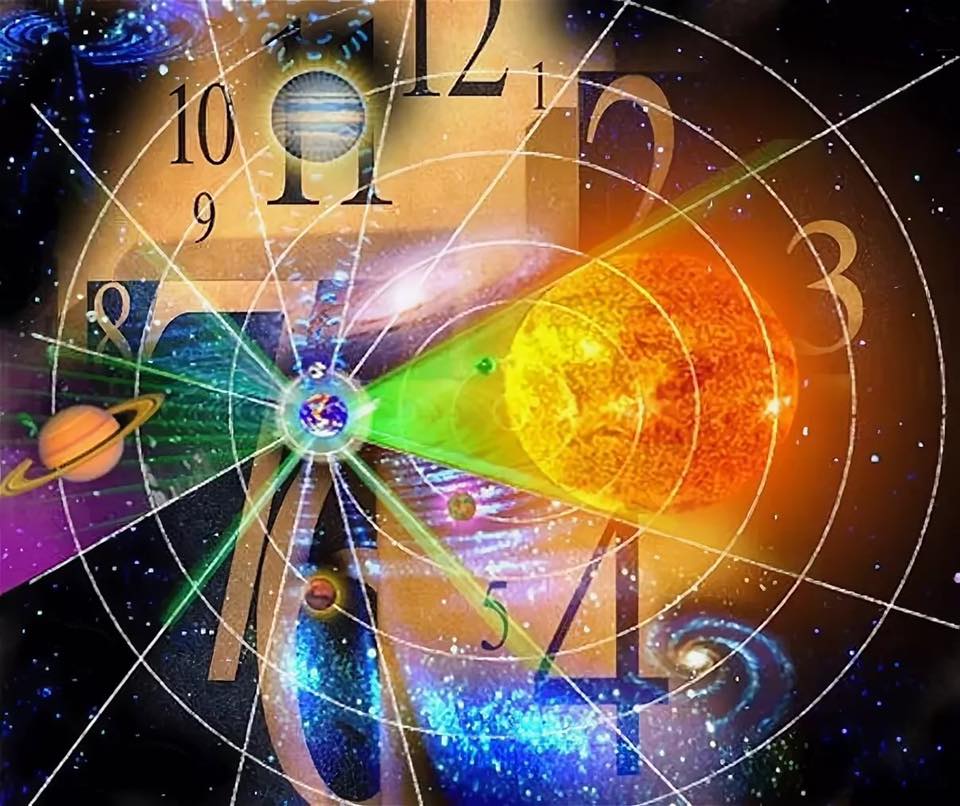Where huge treasures of wealth and knowledge are hidden, there will be codes, a complex security system, and a strong disguise. In the modern world, people are interested in space, but they don’t even know that there is a unique way to find out and recreate it.
But the complex intellectual system of music is the barrier that prevents people from revealing this secret. Many thinkers of different times such as: N.Conrad, I.Walter, I.Kepler, R.Descartes, J.Locke, J.Heinichen, J.Bazin, M.Eckhart ,A.Gorfunkel and many others they understood how rare classical music is in terms of saturation of the intellectual atmosphere. G.W.F.Hegel (philosopher of German idealism) and H.Hofmannsthal (Austrian writer, poet, playwright) expressed their opinion about the structural-semantic emotional musical utterance and music as the sum of knowledge about the scientific picture of the world. This is why the study showed that only 5% of people on the planet are interested in classical music.
It is not surprising that in ancient times music was given a primary role. The most intelligent scientific people of those times developed the doctrine of musical sound orders, intervals, and rhythmic units. Pythagoras (ancient Greek philosopher, mathematician, mystic, Creator of the religious and philosophical school) and the Pythagoreans of later centuries sought to Express the laws of the universe through numbers and their proportions. And the visual and audible embodiment of this numerical perfection of the world was music: the combination of intervals, calculations of rhythmic proportions as calculations between stars and planets. Plato (ancient Greek philosopher, disciple of Socrates) developed a theory of similarity between the seven celestial planets and musical intervals.
The numerical side of the ancient concept of music was absolutized both in the West and in the East. In the European middle ages, where theology prevailed, ancient Pythagoreanism passed into Christian symbolism. For example, 7 is associated with the seven tones , the symbol of the seven planets, the seven days of creation, and the seven days of the week.
J.S.Bach (great German composer, organist, Kapellmeister, teacher) was a big fan of numbers. All his work is permeated with numbers and the ratio of sounds, voices, melodies and intervals. For example, it uses numeric symbols : 3 – the emblem of the divine Trinity, 7-the days of creation, 12-the apostles, 33 – the age of Jesus Christ. Examples: three trumpets in the orchestra “Magnificat”, 12 variations with the chorus “Crucifixus” from the mass h-moll, 12 chorales in “the Passion of Matthew”.
In different epochs, great thinkers have said that people did not perceive music correctly. According to them, it is a mathematical science that reflects numerical musical combinations, hidden text and schemes. Ibn Sina (known in the West as Avicenna was a Persian scholar, philosopher, physician, and representative of Eastern aristotelism): “Music is a mathematical science”, Leonardo da Vinci (Italian inventor, artist, scientist, writer, musician): “Mathematical way of expression”, A.Augustine (Christian theologian, philosopher, one of the Fathers of the Christian Church): “Music is a science of good measure” , A.Schopenhauer (German philosopher): “Music is a metaphysical exercise in philosophy” , Alcuinus (known by the name of Flank Anglo-Saxon scholar, theologian, poet): “The science that speaks of numbers that are found in sound” ,
G.W.Leibniz (German philosopher, mathematician, physicist, lawyer, historian, diplomat, inventor, linguist, founder of the Berlin Academy of Sciences): “A secret exercise in arithmetic of the counting but unconscious soul”,
C.Dahlhaus (German music theorist, historian, philosopher): “What you can hear in music is related to what you can read about it”.
In ancient times , only the most worthy samurai warriors, after their long military service, were allowed to learn this secret of the Cosmos. As we understand it, classical music can only be available to highly developed civilizations in order to learn the hidden cosmic Sciences that would help a person to be invincible.
Musical critic and journalist Darya Orlova



Comments are closed.